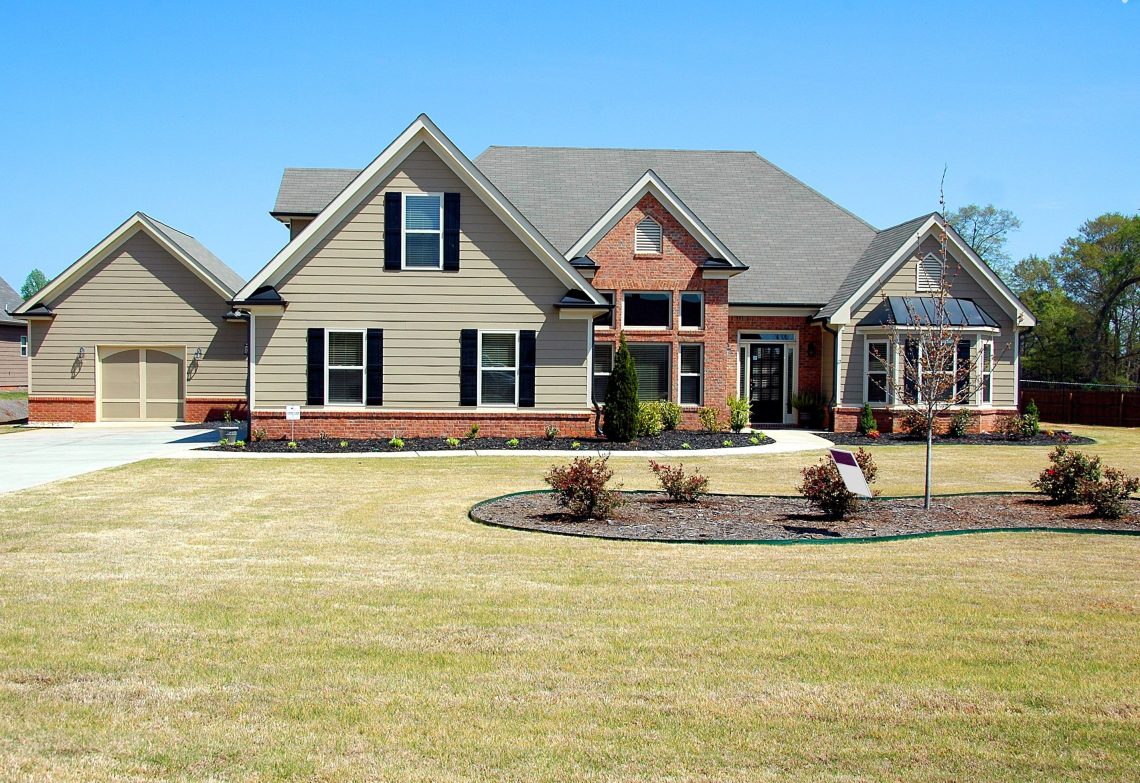
Understanding the Extent of Homeowners Insurance Coverage: Does It Include Protection for Septic Tanks?
As a homeowner, it is crucial to understand the extent of your insurance coverage to protect your valuable assets. Homeowners insurance provides financial security against various risks and damages. However, many homeowners are unaware of whether their insurance policy covers specific items, such as septic tanks. In this article, we will explore the nuances of homeowners insurance, debunk common misconceptions, and shed light on the inclusion of septic tank coverage.
What does homeowners insurance cover?
Homeowners insurance is designed to protect your property and belongings from unexpected events. It typically covers damage caused by perils such as fire, theft, vandalism, and natural disasters like hurricanes or earthquakes. Additionally, it offers liability coverage in case someone is injured on your property and requires medical treatment or decides to file a lawsuit.
In terms of property coverage, property insurance typically includes protection for your dwelling, other structures on your property (such as sheds or garages), and personal belongings. This coverage can extend to items like furniture, electronics, clothing, and appliances, both within your home and when you are away. However, certain high-value items like jewelry or artwork may require additional coverage through a rider or endorsement.
Common misconceptions about homeowners insurance coverage
Despite the comprehensive coverage provided by Oregon homeowners insurance, there are several misconceptions that homeowners often fall prey to. One common misconception is that homeowners insurance covers every type of damage or loss. While it offers broad protection, there are limitations and exclusions that homeowners need to be aware of.
Another misconception is that homeowners insurance covers all personal belongings, regardless of their location. In reality, there may be limitations on coverage for items stored in off-site locations, such as storage units. It is important to review your policy and consider additional coverage if needed.
Understanding the importance of septic tank coverage
Septic tanks play a critical role in managing wastewater for homes that are not connected to a municipal sewage system. They are responsible for collecting, treating, and disposing of the wastewater safely. However, septic tank issues can arise due to various reasons, such as septic system failure, clogged pipes, or damage caused by tree roots.
The consequences of septic tank failure can be severe, leading to costly repairs, property damage, and health hazards. Therefore, it is crucial to understand the importance of septic tank coverage as part of your homeowners insurance policy.
Does homeowners insurance cover septic tanks?
The inclusion of septic tank coverage in homeowners insurance varies depending on the insurance company and policy. Some policies may include limited coverage for septic tanks, while others may require an additional endorsement or rider to provide the necessary protection.
To determine if your homeowners insurance covers septic tanks, review your policy documentation or consult with your insurance agent. They can provide you with the specific details of your coverage and help you understand any limitations or exclusions.
Factors to consider when selecting homeowners insurance in Central Oregon
When selecting homeowners insurance in Central Oregon, there are several factors to consider. Firstly, assess the specific risks associated with the region, such as wildfires, heavy snowfall, or flooding. Ensure that your policy adequately addresses these risks to provide comprehensive protection.
Secondly, consider the coverage limits and deductibles of different policies. Higher coverage limits offer more financial protection but may result in higher premiums. Additionally, evaluate the reputation and financial stability of insurance companies to ensure they can fulfill their obligations in case of a claim.
Additional coverage options for septic tanks
If your homeowner’s insurance does not provide sufficient coverage for septic tanks, there are additional options available. Some insurance companies offer specific endorsements or riders that can be added to your policy to enhance septic tank coverage. These endorsements may cover repairs, replacements, or even the costs of alternative wastewater management solutions.
Alternatively, you can explore separate septic tank insurance policies. These policies focus specifically on septic tank issues and can offer comprehensive coverage tailored to your needs. Remember to compare different policies, coverage limits, and premiums to make an informed decision.
Tips for maintaining your septic tank to prevent issues
Prevention is always better than dealing with the consequences of septic tank issues. To minimize the risk of damage or failure, follow these essential tips for septic tank maintenance:
- Regularly inspect your septic tank and perform routine maintenance to identify any signs of damage or blockages.
- Avoid disposing of non-biodegradable or harmful substances down the drains, as they can damage the septic system.
- Be mindful of excessive water usage, as it can overload the septic tank and lead to backups or failures.
- Hire professional septic tank pumping services to empty and clean your tank regularly.
- Protect your septic system from physical damage by avoiding heavy machinery or construction near the tank area.
By following these tips, you can prolong the lifespan of your septic tank and minimize the risk of costly repairs or replacements.
How to file a claim for septic tank damage
In the unfortunate event of septic tank damage, it is crucial to know how to file a claim with your homeowner’s insurance. To initiate the claims process:
- Contact your insurance company or agent as soon as possible to report the damage and provide the necessary details.
- Document the damage through photographs or videos to support your claim.
- Keep records of any repair or replacement costs, as well as any expenses related to temporary accommodations if necessary.
- Cooperate with the insurance company’s adjuster during the claims investigation process.
- Follow up with your insurance company to ensure a timely resolution and payment for the damages.
Conclusion: the importance of reviewing your homeowners insurance policy
Reviewing your homeowner’s insurance policy periodically is essential to ensure that your assets are adequately protected. Understanding the extent of coverage, including septic tanks, can save you from unexpected financial burdens. Take the time to assess your policy, consult with insurance experts if needed, and consider additional coverage options to address any gaps in protection. By doing so, you can have peace of mind knowing that your home and its vital systems, such as septic tanks, are safeguarded.
Get A Quote
For homeowners in Central Oregon, it is crucial to select a homeowners insurance policy that provides comprehensive coverage for your valuable assets, including septic tanks. Click here for an affordable homeowners insurance quote!



